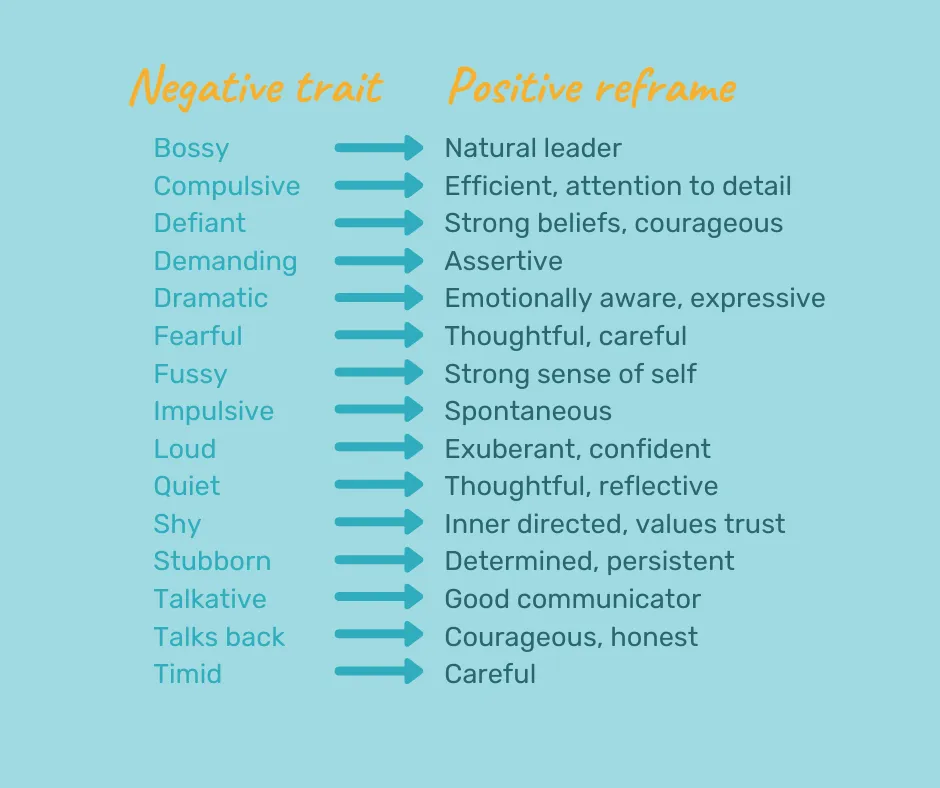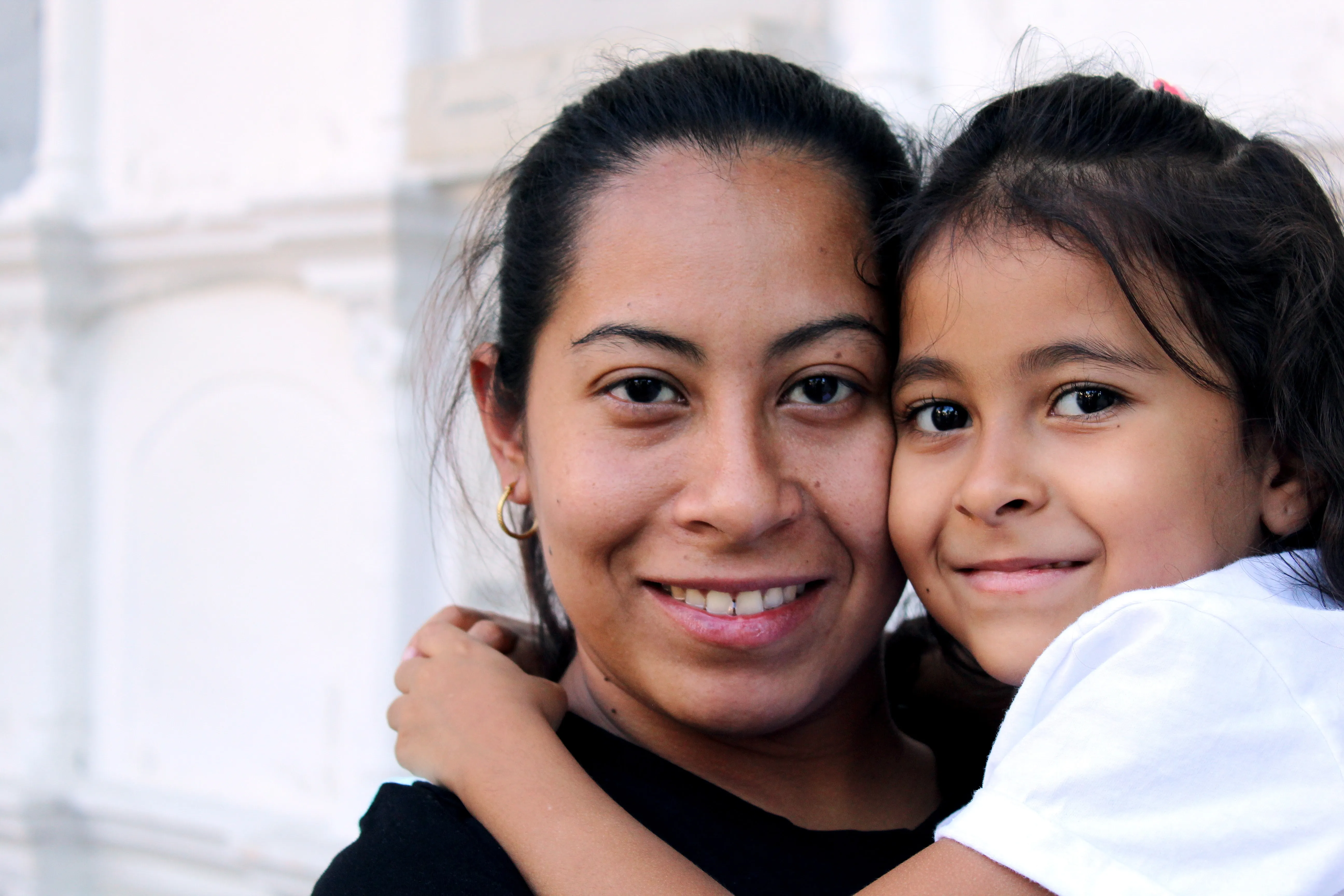How to gently break generational parenting cycles

Parenting can be so hard, especially when you have chosen to parent differently to how you were brought up. Instead of just following what your parents did, or asking them for advice, you now have no guidelines or memories of what to do. You may have made the decision to break that generational pattern of parenting because you recognised behaviours that were toxic.
Generational cycles are so common because as children we are so deeply influenced by what our parents do. We learn by copying or mimicking their behaviour, so these patterns, even the unwanted ones, get repeated generation after generation until one person decides to break the cycle. And breaking generational cycles can cause quite a backlash from older family members who think their way was “better”, or they are offended that you’re basically saying they were wrong with their parenting.
So now you are left wondering how to parent instead, and are taking criticism from relatives. But being strong enough to break generational cycles will change your children’s (and their children’s and grandchildren’s) lives for the better. And while you’re finding your way with a new way of parenting and changing behaviours, here are some tips on how to make breaking generational cycles easier on you. Stay strong because you’re doing a fantastic job!
1. Set boundaries with toxic family members

It is so easy to get offended or angry with family members who tell you you’re doing it wrong or are going to harm your child if you don’t teach them harshly to eat all their food on their plate or “make” them walk when they’re tired. They may even make derogatory comments about your child’s personality or the fact that your child is expressing who they are.
But instead of getting angry, you can set boundaries that will quickly end the drama and leave you with a clear conscience. Decide what treatment or comments you won’t accept, and tell them clearly that if YOU do/ say X again, I will do Y (leave, not visit etc.) The consequence for their behaviour always needs to be something you will or not do.
But you can make it all very neutral. You can preface the whole boundary by saying something like “We have chosen to parent this way. Please respect our choices.” Or “What you just said can sound very hurtful to a 5 year old. Please be careful with your words.” Or “Everyone has the right to be who they are. It’s not about being who you think they should be.”
Expect a backlash at first because they will be used to you not standing up for yourself. But continue to be kind but firm. You have started teaching someone how to treat you, and it doesn’t matter how old they are. As long as you are consistent, your efforts will pay off. And just remember, if another adult decides to stop speaking to you, that’s on them. Everyone gets to choose how to act. The only thing you can do is let them know that you do not in any way mean to hurt them, you just can not allow yourself to be treated in that way.
2. Teach your kids about setting boundaries

You don’t have to try and protect your kids from everything your toxic relative(s) may do or say. Instead, you can start to teach your kids how to deal with such comments, and set healthy boundaries themselves.
The first thing is to talk to your kids about great uncle Fred's sexist and racist comments. Start a discussion with them on how they felt and explain that some people say bad things about others because they’re hurting inside or they’re scared or ignorant. Perhaps something happened to them that we don’t know about, and now they’re taking it out on someone else. But those bad comments are never about you. They’re always about the person who said them.
So keep reminding your kids about this. Have this discussion over and over again and you will find that your kids may bring up the same discussion about someone’s behaviour towards them in school. At the same time, teach your kids to set boundaries with such people. Discuss with them a plan of action if someone is mean to them (or if they see it happening to anyone else) at school. And above all, model to your kids how you set boundaries. Let them see you doing it because that will become their normal and they will copy you.
3. Acknowledge your kids’ emotions (and your own)

Don’t be afraid of voicing your emotions to your kids. “I am feeling angry/sad after Uncle Geoff said X about Y. It makes me angry/sad because …” Help them voice their emotions/ how they’re feeling too. There is a world of difference between letting someone know how you feel, and bad mouthing someone or creating drama.
Just remember that no one can make you feel a certain way. You make yourself feel that way. Someone can say something and you can react because you are now triggered. Perhaps because of something that happened in your past or something that you believe about yourself. Think of it as “when you said that, I began to feel…” vs “when you said that, you made me feel…” The former makes you responsible for how you feel and every feeling is valid. The latter assigns blame to someone for how you feel and will escalate a situation.
4. Work on your own self limiting beliefs

We all have a lot of untrue beliefs about ourselves (and if we were raised with toxic generational cycles, we may have more of them than most) such as I’m not good enough, I’m not worthy, I have to do things perfectly/ be perfect for people to like me etc. We call these limiting beliefs or self-limiting beliefs because they limit our happiness or stop us from doing things we really want to do.
When we’re triggered by something another person does or says, it’s because one of these limiting beliefs have been triggered. If we work on eliminating one of these beliefs (that aren’t true anyway. I mean I don’t know you but I would like to bet you are absolutely good enough and you are definitely worthy of what it is you want!), then we eliminate the ability to get triggered by what others say.
Another reason to work on your limiting beliefs is so that you don’t model those behaviours to your kids. You may think they don’t listen to you, but they will copy how you behave, especially towards yourself.
5. Take care of yourself and make sure you refill your energy

Often when we have limiting beliefs, we tend to not spend as much time taking care of ourselves as we should. We can think that it’s selfish or I don’t deserve it. But in fact the opposite is true.
When you’re tired and run down, everything is so much harder. Especially the things that take lots of energy like setting boundaries, or not losing it with your kids after you’d promised yourself that you would never parent like your parents did.
So make a list of things that give you energy, and do them often. They don’t have to be anything big. Maybe drinking a cup of tea out of your favourite cup. Sitting in the sunshine for 5 minutes. Listening to some high vibe songs you love. Because you need the energy - and you deserve it!
6. Change how you think of your kids

If we think of our kids as “bossy”, “difficult”, “always causing trouble” they will pick up on that and start to believe it. Once they believe something about themselves, they will start to act that out. So their behaviour will become even more of the behaviour you didn’t want.
Instead, think of how you could positively think of their behaviour. Do you have an incredibly determined child? Someone who knows their own mind? Are they adventurous? Empathic? Do they have a fantastic amount of energy?
This will both change how you see your kids, and how they see themselves. And if they know they are good enough just the way they are, they will have a much easier time dealing with toxic comments and knowing those comments have nothing to do with them.
7. Apologise to kids when you get something wrong

There is no shame in making mistakes. We’re all human. It’s what you do after you realise you made a mistake that counts. How you make it up to the other person. And you can model that to your kids.
When you made a mistake as a kid you may have been shouted at or punished for it. Teach your kids that everyone makes mistakes and it’s ok. It’s what you do next that counts.You do this by modelling it to them. When you make a mistake - such as you jumped to the wrong conclusions and gave your child a consequence - as soon as you realise you were wrong, apologise to them. Let them know you made a mistake. Talk about it. Own your part in the problem and that will show them how to own their part. Discuss with them how you can both avoid the same thing happening in the future.
They will feel heard, learn to trust you, realise you don’t judge them, know that they can talk to you, and realise it’s ok to make mistakes and apologising and working out how to make it up to the other person is key.
8. Just know you are doing a brilliant job

Breaking generational cycles is HARD. Not many people do it so you’re already doing a great job!
Make sure you get support, either from a therapist, a coach or a community of people going through the same thing. You are not alone.

Breaking generational cycles can be extremely difficult, and exhausting, at times. These tips should make it easier for you to set boundaries and teach your kids to be resilient.
If you’re looking for more tips to help break generational cycles, or parenting tools to help you gently parent in a positive way, join our facebook group Calm Fun Parents.
